Sun damage is a common skin concern that can lead to premature aging, hyperpigmentation, and even skin cancer. While it is important to protect your skin from the sun with sunscreen and protective clothing, there are also natural compounds, such as resveratrol, that can help repair and protect your skin from the harmful effects of UV radiation.
Resveratrol is a powerful antioxidant that is found in grapes, berries, and other plants. It is well known for its anti-aging properties and has been shown to have a number of benefits for sun damaged skin.
One of the main benefits of resveratrol for sun damaged skin is its ability to protect the skin from UV radiation. UV radiation is a major cause of sun damage and can cause oxidative stress, inflammation, and DNA damage in the skin. Resveratrol works by neutralizing free radicals, preventing them from causing further damage to the skin cells. This can help reduce the risk of skin cancer and other sun-related skin conditions.
In addition to its protective properties, resveratrol has also been shown to help repair sun damage in the skin. It can help reduce hyperpigmentation, improve skin texture, and reduce the appearance of fine lines and wrinkles. This is because resveratrol helps stimulate collagen production, which is essential for maintaining healthy, youthful-looking skin.
Resveratrol has also been shown to have anti-inflammatory properties, which can help reduce redness and inflammation in the skin caused by sun damage. This can help soothe the skin and reduce the risk of further damage.
There are several ways to incorporate resveratrol into your skincare routine. One way is to look for skincare products that contain resveratrol, such as serums, moisturizers, and creams. These products can be applied directly to the skin and can help protect and repair sun damaged skin.
Another way to get the benefits of resveratrol is to incorporate it into your diet. Foods such as grapes, blueberries, and peanuts are good sources of resveratrol and can help support overall skin health.
In conclusion, resveratrol is a powerful antioxidant that can provide a number of benefits for sun damaged skin. It can protect the skin from UV radiation, help repair sun damage, and reduce inflammation. Incorporating resveratrol into your skincare routine or diet can help support overall skin health and reduce the risk of sun-related skin conditions. If you are concerned about sun damage, talk to your dermatologist about incorporating resveratrol into your skincare routine.
Resveratrol and Skin Cancer: Apoptosis of Damaged Cells
Resveratrol is a natural compound that is found in grapes, berries, and other plants. It is well known for its anti-aging properties and has been shown to have a number of benefits for the skin. One of the most promising benefits of resveratrol is its ability to induce apoptosis, or programmed cell death, in cancerous cells, including those that cause skin cancer.
Skin cancer is the most common type of cancer in the United States, and it is caused by damage to the skin cells by UV radiation from the sun or other sources. Over time, this damage can cause mutations in the DNA of skin cells, leading to uncontrolled cell growth and the development of skin cancer.
Resveratrol has been shown to have a number of anticancer properties that make it an effective treatment for skin cancer. One of the ways that resveratrol works is by inducing apoptosis in cancerous cells. Apoptosis is a natural process in which the body eliminates damaged or abnormal cells. When resveratrol is introduced into cancerous cells, it can trigger this process, causing the cancer cells to die and reducing the risk of the cancer spreading to other areas of the body.
In addition to inducing apoptosis, resveratrol also has anti-inflammatory properties that can help reduce the risk of skin cancer. Chronic inflammation has been linked to the development of several types of cancer, including skin cancer. Resveratrol can help reduce inflammation in the skin, reducing the risk of cancerous cells forming.
Studies have shown that resveratrol can be an effective treatment for a number of different types of skin cancer, including basal cell carcinoma, squamous cell carcinoma, and melanoma. One study found that resveratrol was able to induce apoptosis in melanoma cells, reducing the growth and spread of the cancerous cells.
There are several ways to incorporate resveratrol into your diet and skincare routine. Foods such as grapes, blueberries, and peanuts are good sources of resveratrol and can help support overall skin health. Skincare products that contain resveratrol, such as serums and creams, can also be applied directly to the skin to help reduce the risk of skin cancer and promote healthy, youthful-looking skin.
In conclusion, resveratrol is a natural compound that has shown promise in the treatment and prevention of skin cancer. It works by inducing apoptosis in cancerous cells and reducing inflammation in the skin. Incorporating resveratrol into your diet and skincare routine can help support overall skin health and reduce the risk of skin cancer. If you are concerned about skin cancer or have a history of skin cancer in your family, talk to your dermatologist about incorporating resveratrol into your skincare routine.
Studies:
Resveratrol for Skin Disorders
Effect of Resveratrol on Skin Cancer
Anti-inflammatory Effects of Resverartol on Psoriasis
Products that contain Resveratrol:
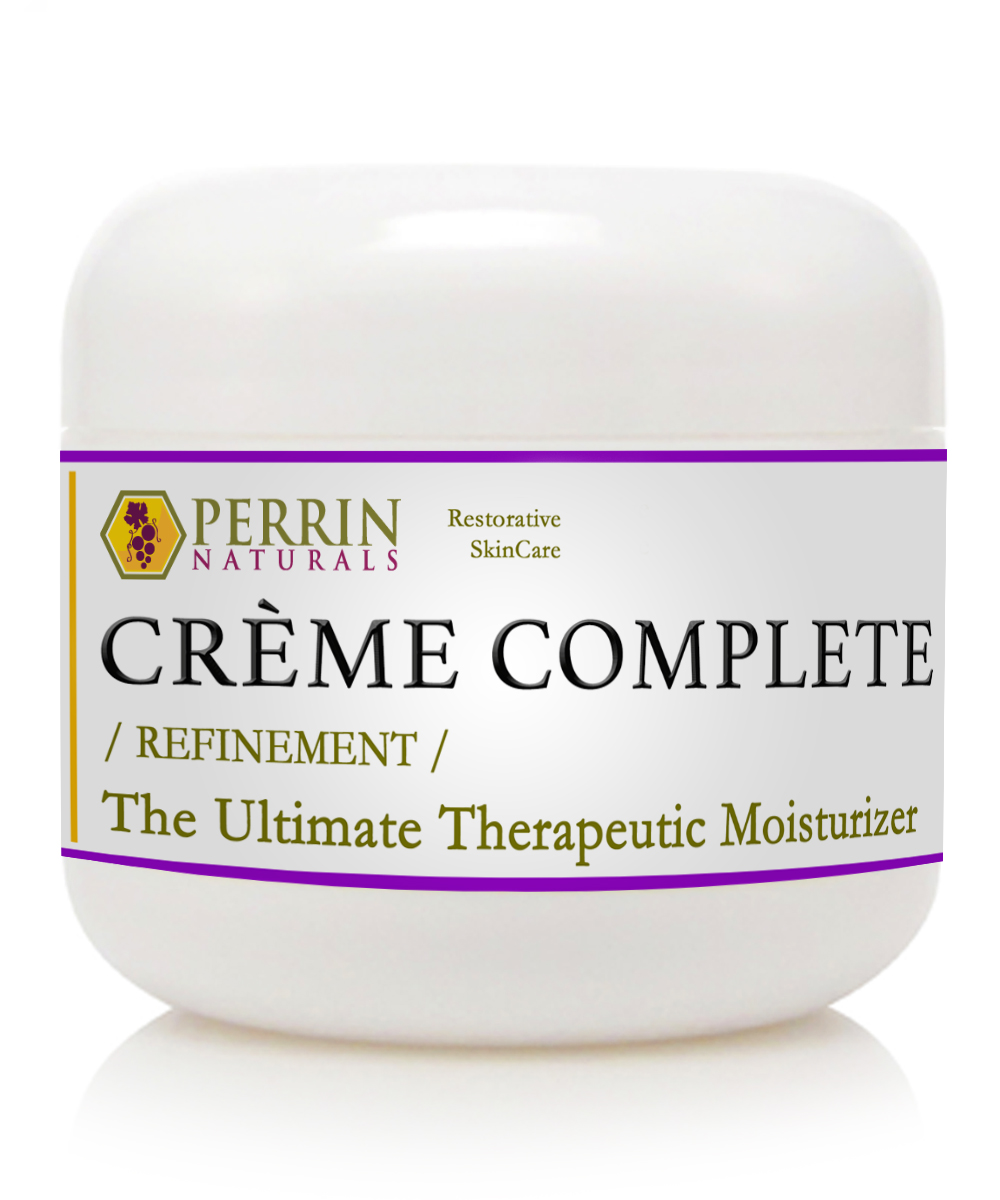
Creme Complete | Original Formula
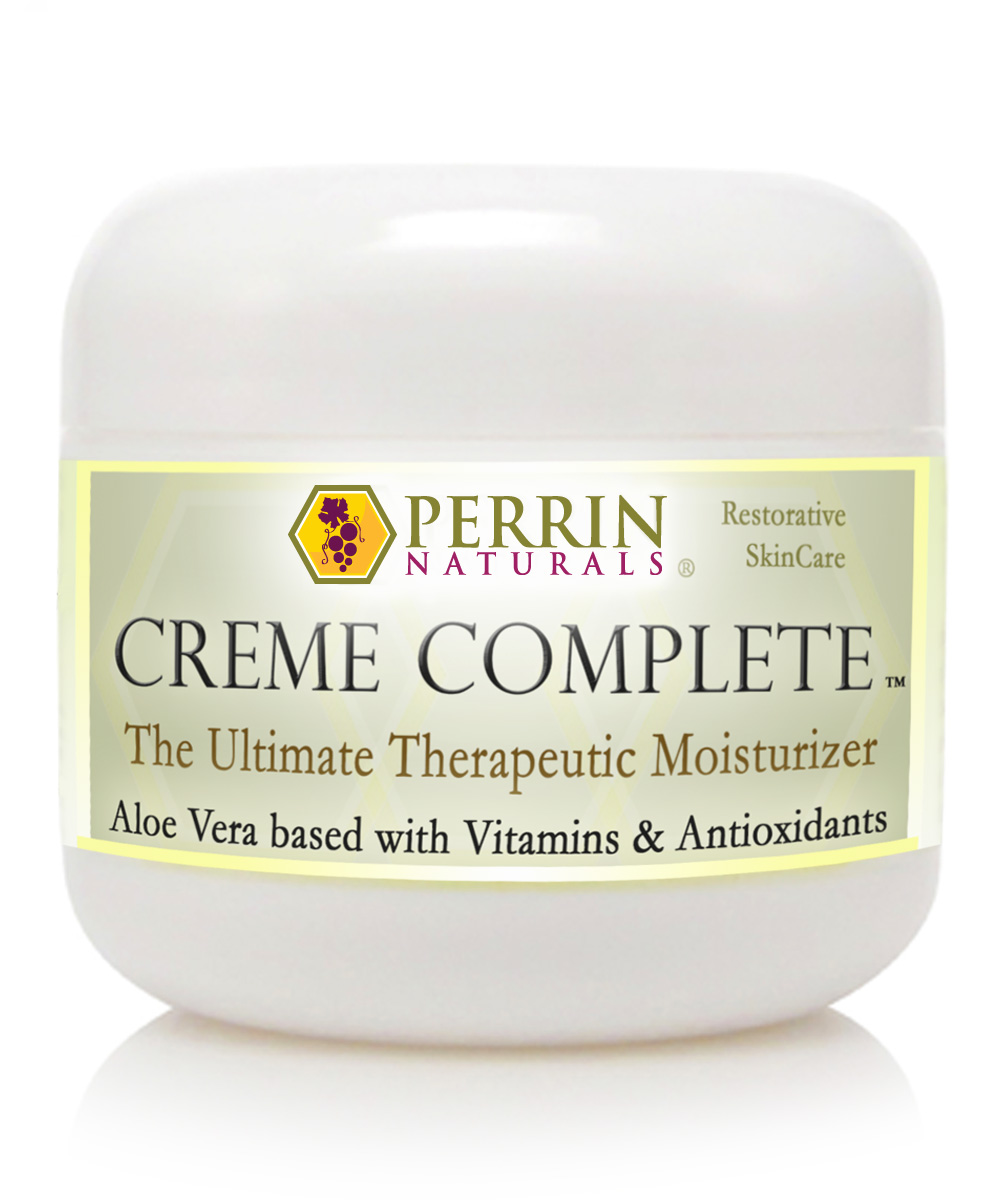
Creme Complete | Scent of Rose
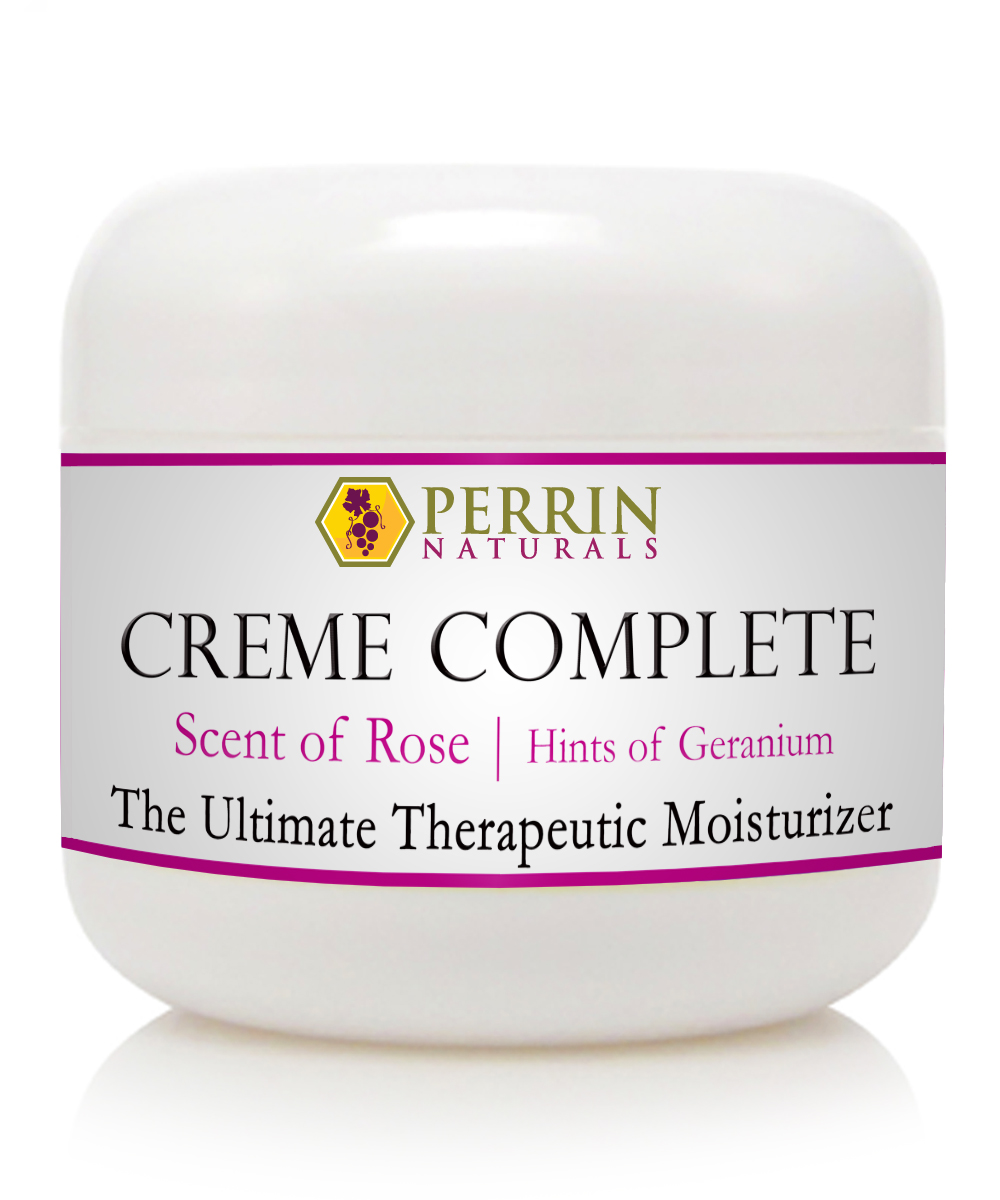
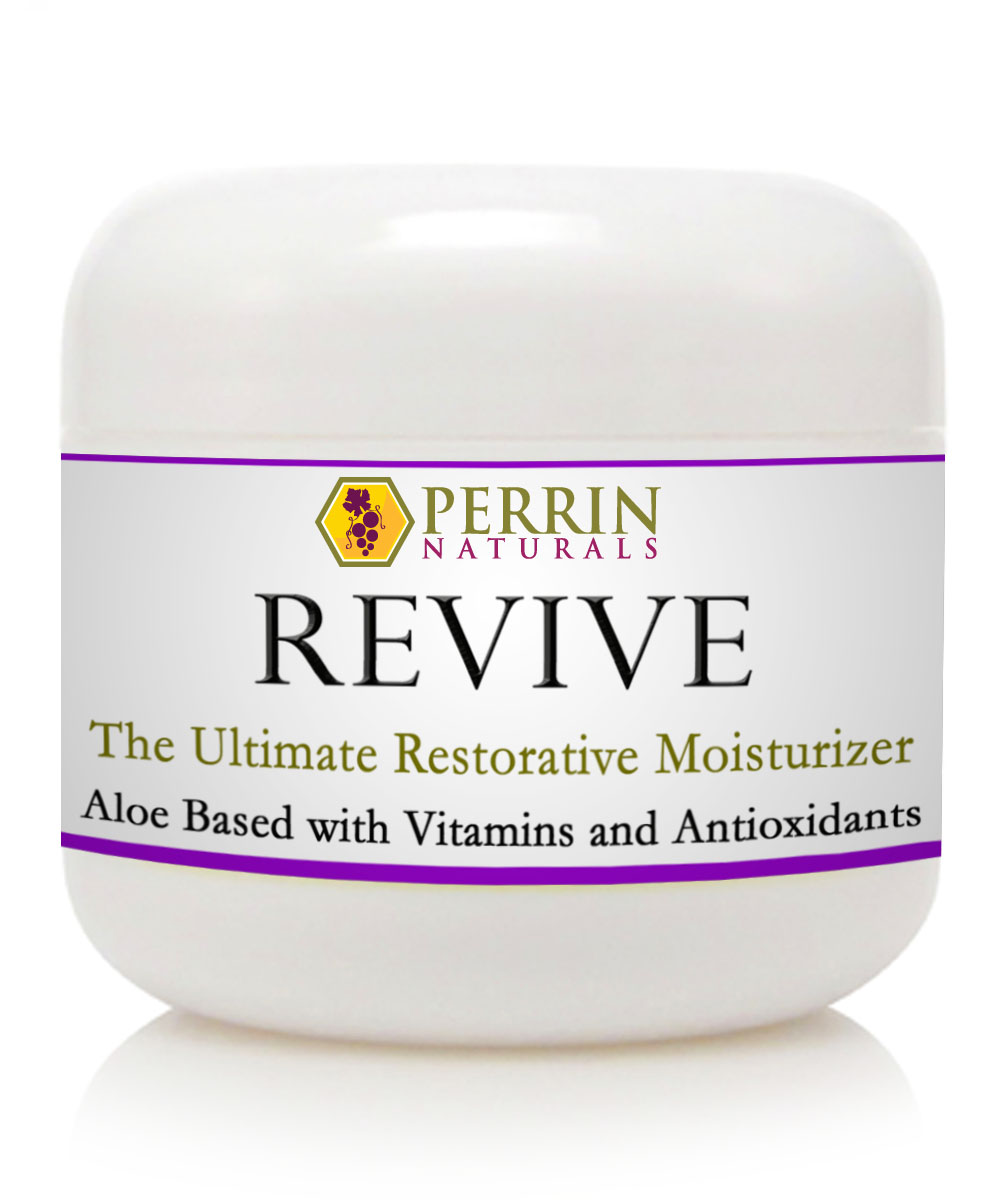
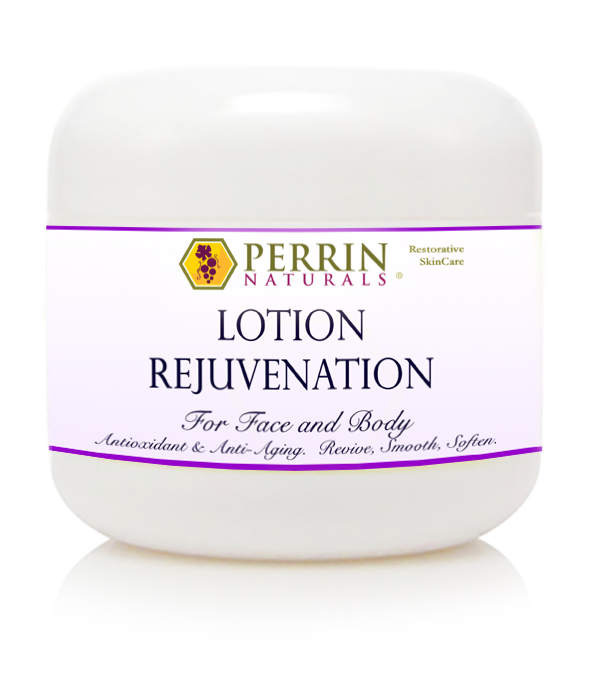
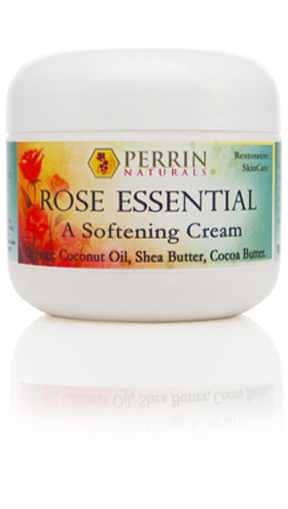
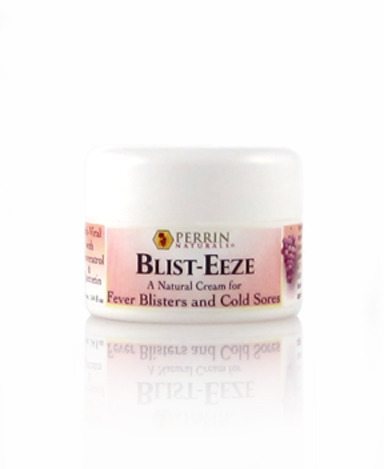
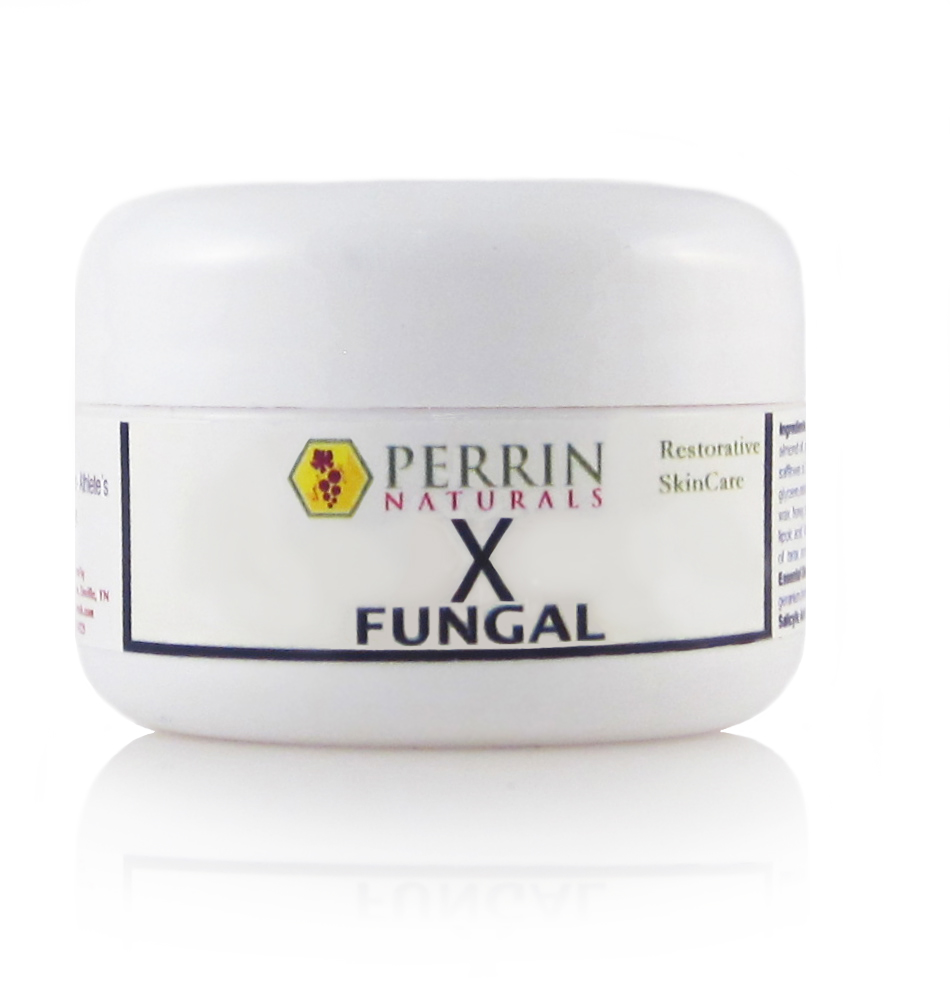

 Cart (0)
Cart (0)